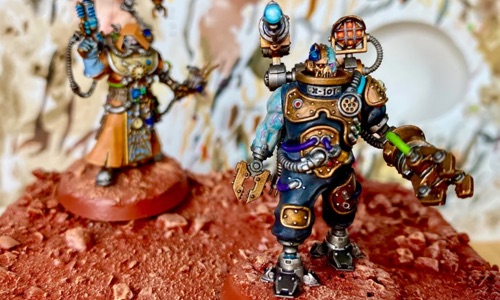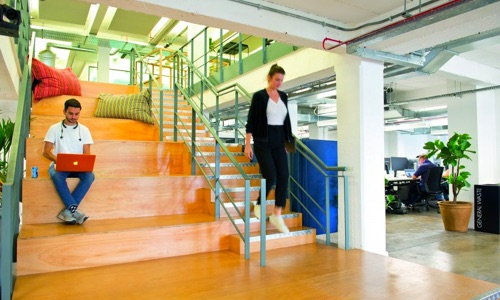How lockdown made me relapse into a childhood obsession with inch-high space robots

As I tease a paint brush a few sable-hairs wide into the crevice between a crotch and an armoured codpiece, I begin to question my life choices.
Lockdown, despite my better judgment, has rekindled my childhood obsession with painting inch-high wizards and tiny space robots.
I am not alone. Games Workshop, the Nottingham-based retailer of tabletop war games, has been one of the best performing British stocks of the last five years…




